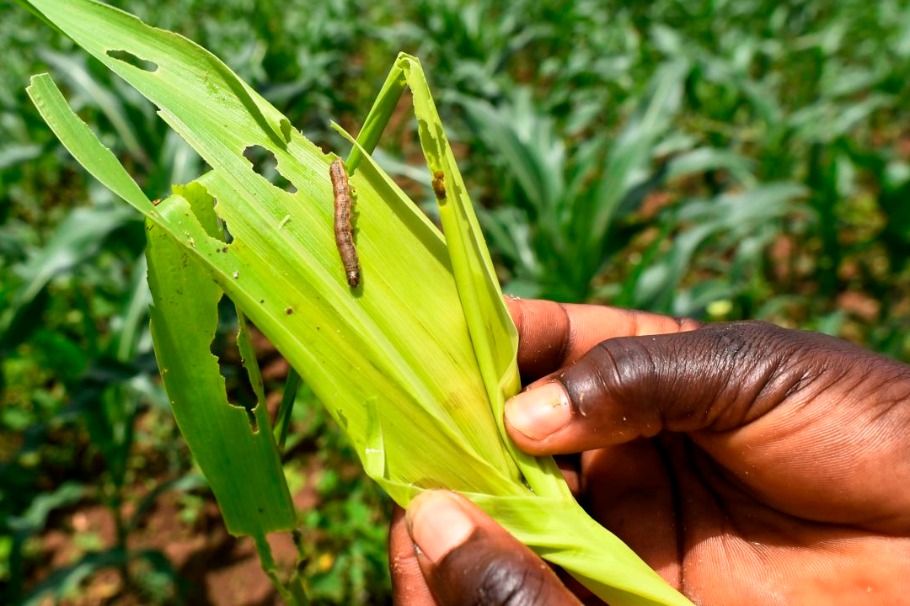Legal cannabis sales a revenue opportunity Islip Town shouldn't miss - Newsday
This guest essay reflects the views of Paul Dreyer, a state and local policy analyst at the Manhattan Institute.
Islip rejected legal pot shops in 2021 — and again four years later. Earlier this week, the town board tabled a proposal to allow regulated marijuana dispensaries, indefinitely delaying a vote that would have put Islip alongside Brookhaven, Babylon, Riverhead, and Southampton in permitting cannabis retail.
Residents’ concerns about potential quality‑of‑life impacts, falling property values and even crime are understandable — but the reality is that marijuana legalization is here to stay in New York. With neighboring towns in Suffolk County already benefiting from significant tax revenue, it’s increasingly impractical for Islip to forgo this tax revenue opportunity.
Babylon exemplifies this new reality. It raised its tax levy by 9.9% in both 2024 and 2025, due to ongoing fiscal pressures. A 10% increase in employee health premiums alone contributed to a $2.2 million increase in costs this year. In 2024, the town collected $2.6 million in marijuana-related tax revenue, with another $871,000 going to Suffolk County. Though this amounted to just 1.58% of Babylon’s $164.5 million budget, it was enough to cover the health-premium increase and keep tax rates lower.
Legal cannabis sales thus promise to shore up local governments’ balance sheets at a time when they’re finding it increasingly difficult to control costs and raise revenue. New York State caps annual tax levy increases for local governments and school districts unless voters approve busting the cap.
Just because legal pot shops aren’t allowed in Islip doesn’t mean that its residents won’t be able to purchase cannabis products. They can choose to go to Babylon to the west or Brookhaven to the east for their choice of lawful vendors and consume the products at home in Islip. The danger of continued retail prohibition, then, is that the town will lose revenue for little to no upside.
Even the most compelling fiscal argument falls apart in the face of public safety threats. However, if legal shops invite crime and disorder in Islip, its residents may well forgo the revenue to keep their streets safer. But this ignores the fact that illegal and unlicensed cannabis shops pose the worst threats, including mislabeled THC content, underage sales, and the potential to attract violence in the cash-heavy shops. As one speaker at the Islip meeting noted, illicit shops already operate in town, a problem elected officials say must be addressed before considering legal dispensaries.
By contrast, state-licensed dispensaries must meet strict standards, including product testing, labeling accuracy and age verification, under the supervision of the state Office of Cannabis Management.
Municipalities can have the best of both worlds, higher tax revenue without impairing public safety, but they must proactively implement comprehensive regulations. This includes addressing traffic, youth exposure and loitering.
Brookhaven restricted dispensaries to light industrial areas. This zoning approach helps protect public safety and neighborhood character. Babylon has taken steps to combat unlicensed cannabis sales. It prohibits marijuana displays in unauthorized storefronts, reducing the potential appeal to minors.
Suffolk County is considering legislation that would empower county police to inspect and shut down illegal shops, with fines up to $25,000.
Long Island has a chance to lead on responsible cannabis policy. Doing so requires thoughtful, public safety-first regulation that protects the character of our communities, reduces illicit activity, and ensures that legalization delivers real value to residents.
Legal marijuana is already here. The real question for Islip residents is whether they trust their elected officials to manage legalization’s impacts in a pragmatic way — or if perpetual delay will mean forfeiting revenue and regulatory oversight.
This guest essay reflects the views of Paul Dreyer, a state and local policy analyst at the Manhattan Institute.
You may also like...
Diddy's Legal Troubles & Racketeering Trial

Music mogul Sean 'Diddy' Combs was acquitted of sex trafficking and racketeering charges but convicted on transportation...
Thomas Partey Faces Rape & Sexual Assault Charges

Former Arsenal midfielder Thomas Partey has been formally charged with multiple counts of rape and sexual assault by UK ...
Nigeria Universities Changes Admission Policies

JAMB has clarified its admission policies, rectifying a student's status, reiterating the necessity of its Central Admis...
Ghana's Economic Reforms & Gold Sector Initiatives

Ghana is undertaking a comprehensive economic overhaul with President John Dramani Mahama's 24-Hour Economy and Accelera...
WAFCON 2024 African Women's Football Tournament

The 2024 Women's Africa Cup of Nations opened with thrilling matches, seeing Nigeria's Super Falcons secure a dominant 3...
Emergence & Dynamics of Nigeria's ADC Coalition

A new opposition coalition, led by the African Democratic Congress (ADC), is emerging to challenge President Bola Ahmed ...
Demise of Olubadan of Ibadanland
Oba Owolabi Olakulehin, the 43rd Olubadan of Ibadanland, has died at 90, concluding a life of distinguished service in t...
Death of Nigerian Goalkeeping Legend Peter Rufai

Nigerian football mourns the death of legendary Super Eagles goalkeeper Peter Rufai, who passed away at 61. Known as 'Do...



